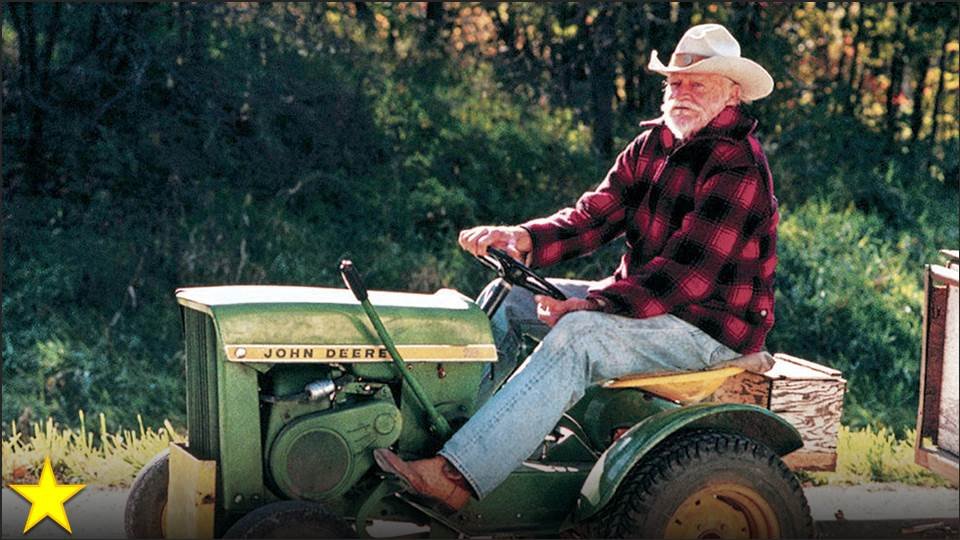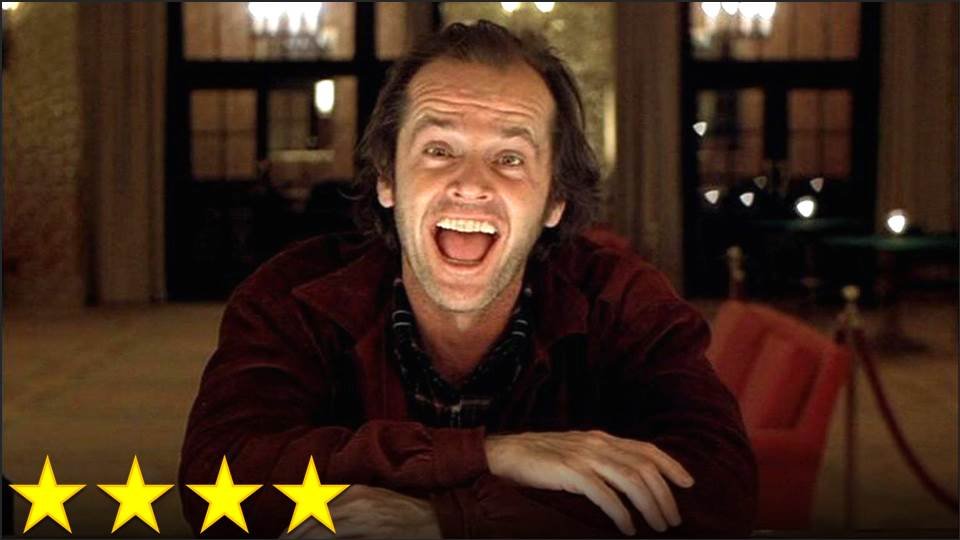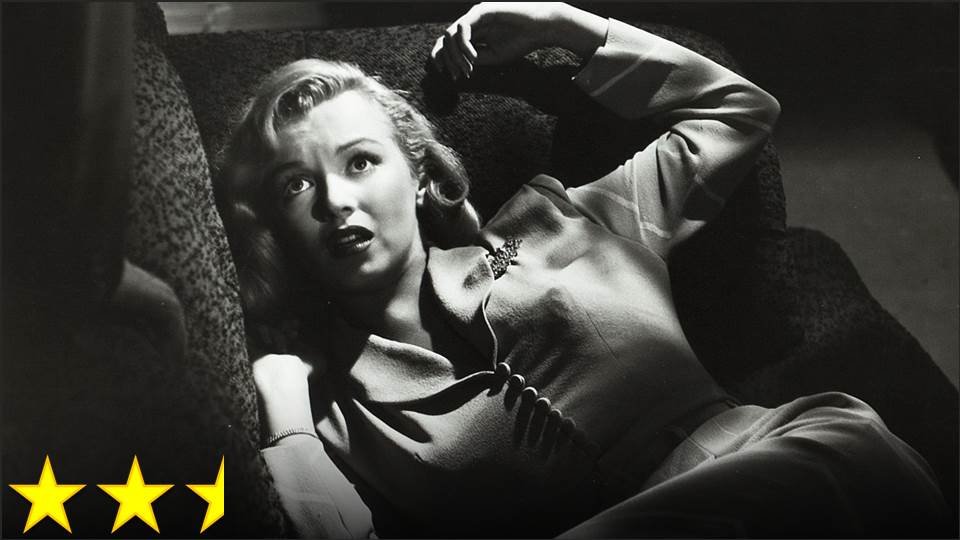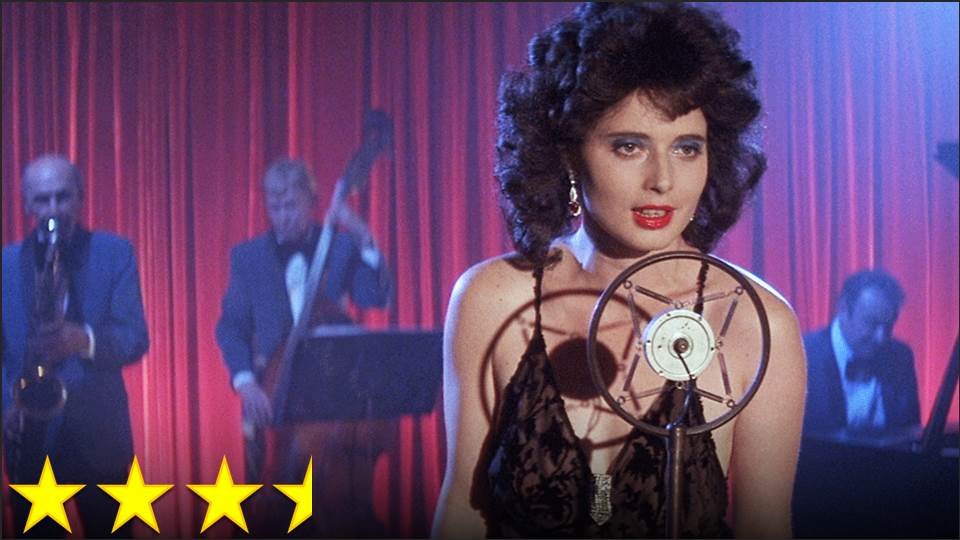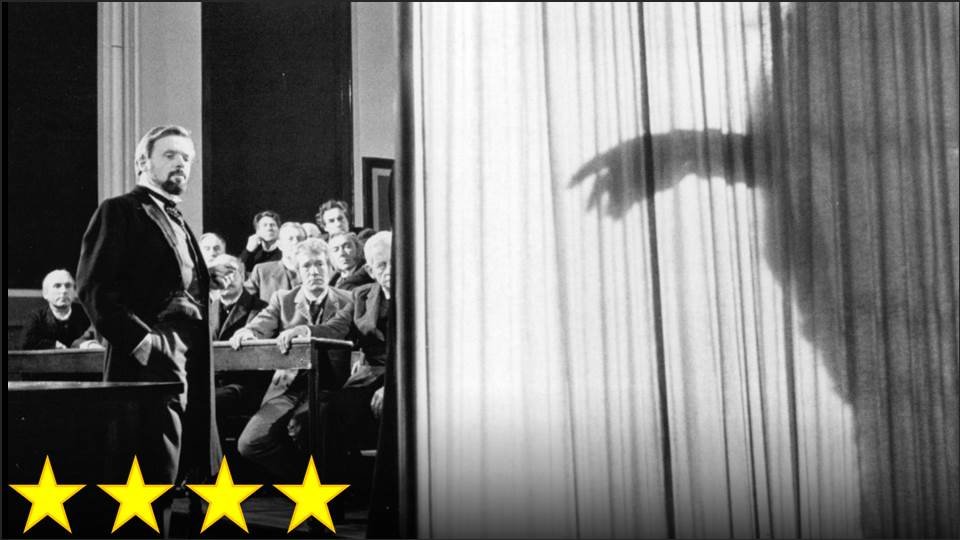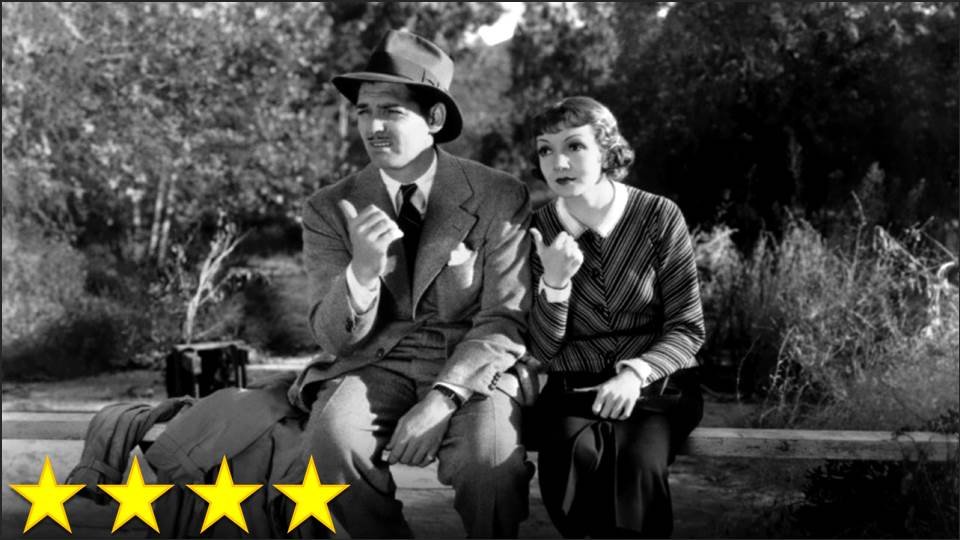Coincidences come up an awful lot in my experiences viewing movies, and one such experience happened not too long ago when I was watching a YouTube video by Doug Walker, “Can an Ending Ruin a Film?” I started watching the video sometime before my class on “art film” on Wednesday, but for whatever reason didn’t get around to finishing it until Thursday. Within the last five minutes or so before that class began, he decided to show The Straight Story, which is David Lynch’s Disney movie. The professor then explained for those of us who missed it, as I think I had, that the film had been subtly telling us everything about the character’s past and motivation, setting up the ending, without ever making it clear that any of the events of the first hour and a half of the film had a point. The ending is when the audience is supposed to put everything together. Interestingly, when I resumed Doug Walker’s video, I found I had apparently paused it just one second before he brought up The Straight Story, making the argument that the ending to this film turns it from a painfully boring film into a brilliant film. Some might take this as a sign of some sort, but I am not a superstitious man – I just see this as a great opportunity to explain why this film actually sucks, even with the ending.
This film is horribly, horribly boring. None of its characters are particularly interesting or likable – most of them are really quite forgettable – and the performances from the cast were not able to redeem the script in this area. There are a few interesting moments that seem a little bit clever, cheeky, or quirky, all in the way one would expect from David Lynch, but they are severely overpowered by the surprising amount of banality in the film. The plot is purposely slow and uninteresting, but as deliberate as this may have been, I have yet to understand what positive effect this was meant to have on the film as a whole. The list of moral lessons and sappy moments throughout the film is unbearably long, and the number of times that I’m supposed to tear up but don’t feel anything by annoyance is nauseatingly high. This is probably how most viewers feel about the film until the ending, but the ending doesn’t change anything for me.
The ending doesn’t tell us anything that isn’t part of a generic, cliché family separation story, so it isn’t exactly a big shock or an exceptionally moving moment. When the brothers are reunited, I’m waiting to see what happens – to get more specific information about what exactly makes their conflict unique – but the film ends with little time spent on the brother. The goal of the ending is to use the audience’s knowledge of Harry Dean Stanton (the brother, Lyle) and his previous film roles to fill in the gaps about what kind of guy his character in this story is supposed to be, ideally filling in the gaps about the conflict between the Straights. This is rather silly, because I haven’t seen any other film of his, and even if I had, that tells me nothing about who this character is supposed to be. It’s a gimmick that I doubt would work with the likes of John Wayne or Ben Stein, and it certainly doesn’t work here. I think the main problem is that Richard Farnsworth (Alvin Straight) just isn’t likable enough for me to care about the conclusion to his story, so the story entirely falls flat, and the film leaves much to be desired.
